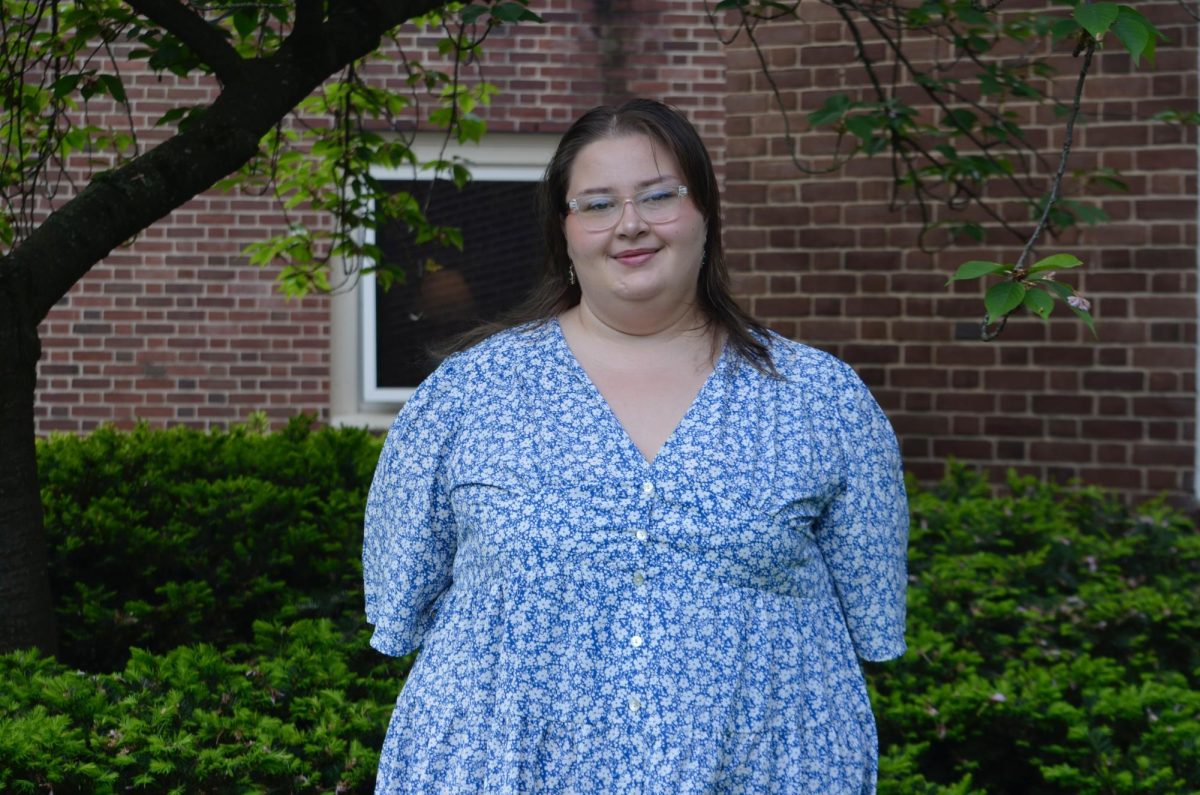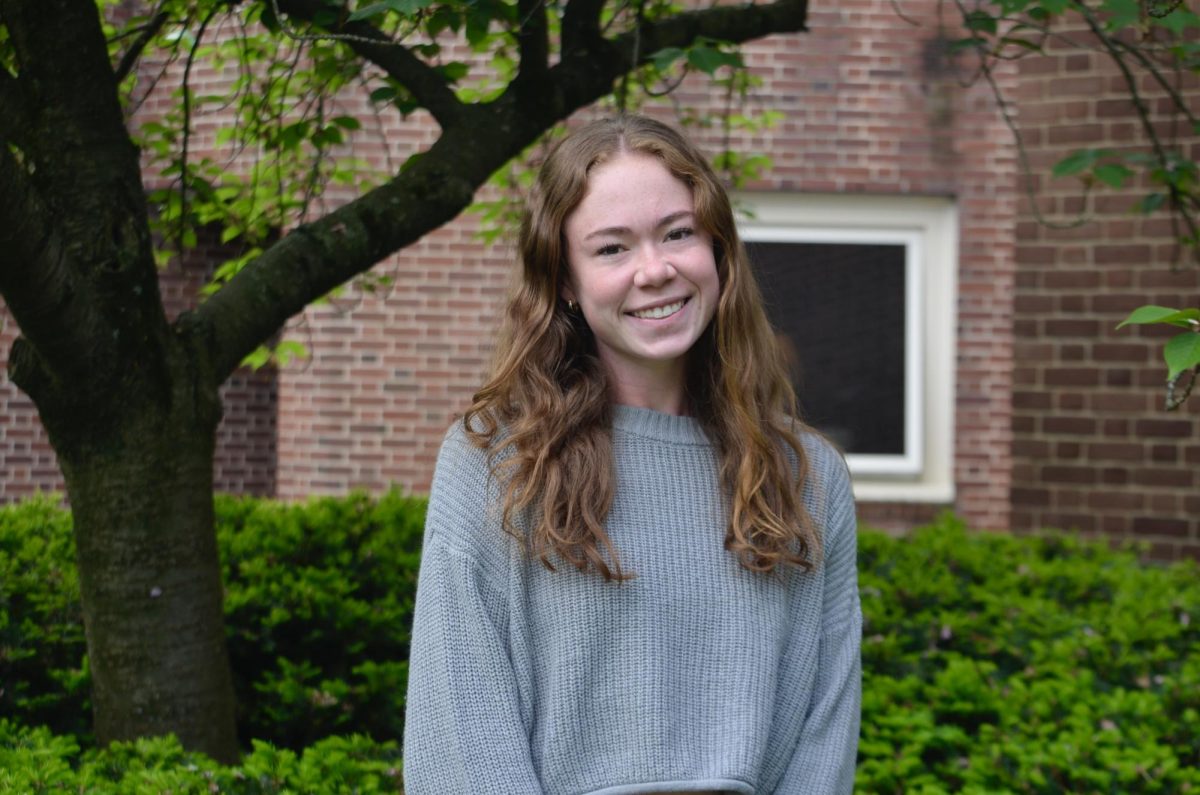By Carleen Boyer
Writer
Dr. Michael Greenburg M.D. hopes to gain a better understanding of how the neurons in specific areas of the brain react to saccades, or rapid eye movements that help individuals to better perceive surrounding visual stimuli.
Greenburg, professor of neuroscience at Columbia University and President-Elect of the Society for Neuroscience, discussed his research last Monday. He researches a question that many neuroscientists have studied over the years: how are cognitive processes formed and what does this tell us about decision making in individuals?
“We can understand behavior not by observation of what the black box does, but knowing what’s inside of the black box,” Goldberg said, referring to the brain as the “black box.”
Through observation of brain function, neuroscientists work to understand how brain function is related to actions of an individual. Goldberg mentioned that some aspects of his research may suggest more about whether or not free will actually exists.
Joseph V. Tranquillo Ph.D., associate professor of biomedical and electrical engineering, organized Goldberg’s visit to campus.
“[The speakers] interact with colleagues who they deem to be different from them, and here what they get is someone from a completely different field coming in and asking them a question that’s kind of out of left field,” Tranquillo said.
Goldberg’s exploration of free will during his presentation provided a connection among different majors.
“At dinner, we started asking the question of ‘What happened to the old liberal arts canons?’ It was a really interesting discussion between faculty from different fields,” Tranquillo said.
The presentation received support from diverse places, including the Brain, Mind, and Culture group and the University Lectureship Committee, as well as the biomedical engineering, psychology and neuroscience departments.





















